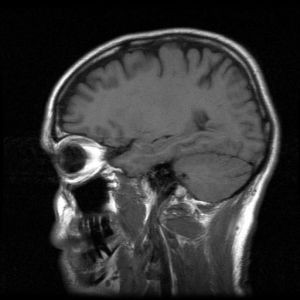DiaGenic inks Alzheimer’s biomarker deal
Erik Christensen, CEO of DiaGenic, explained to Outsourcing-Pharma that he regards the company’s detection tool, ADtect, as “a very important test” in furthering clinical trials into Alzheimer’s.
ADtect identifies patients with Mild Cognitive Impairment (MCI), increasingly considered a transitional stage in Alzheimer’s development, allowing users to select people for clinical trials.
Christensen believes there is a growing consensus that use of biomarkers is critical to accelerating development of Alzheimer’s treatments.
He added: “Patient stratification for clinical trials using biomarkers is a rapidly growing sector and we feel we are poised to make a significant contribution.”
Merz is gaining a non-exclusive license to DiaGenic’s ADtect and will also receive an option for further biomarkers. It believes that this can have a significant impact on its research, which Martin Zügel, CEO of Merz, explained.
Zügel said: “There is an urgent need for biomarkers that can accurately identify MCI converters”, adding that ADtect “should lead to improved clinical trial recruitment” and help get Alzheimer’s drugs to market.
Christensen added that ADtect is the first biomarker test for MCI on the market, which, given the focus on Alzheimer’s from companies including Pfizer, should put the firm in a strong position.
DiaGenic is also developing a breast cancer test, which would be the first of its kind to be on the market. Breast cancer and Alzheimer’s are the two therapeutic areas DiaGenic has chosen to focus on.
These were identified by DiaGenic because they lacked a good diagnostic tools and treatment would be helped by having a system that could detect the illness before there is suspicion of disease.






